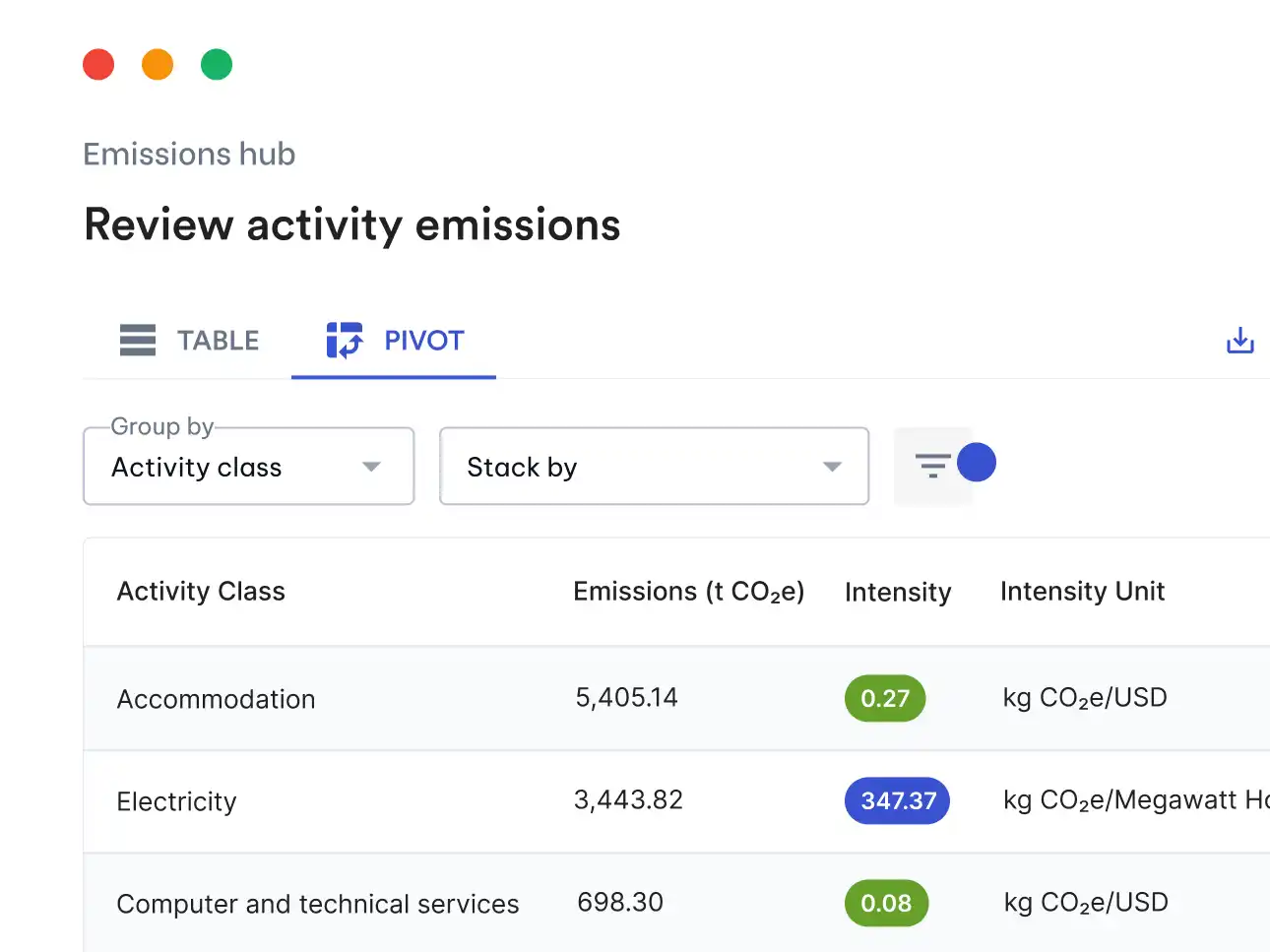The International Sustainability Standards Board (ISSB) under the IFRS Foundation has officially launched global sustainability and climate disclosure standards, expected to serve as the foundation for emerging sustainability reporting requirements worldwide and signalling a significant stride toward integrating sustainability reporting into financial reporting processes. The new standards will come into effect for annual reporting periods starting January 2024, with companies issuing disclosures based on these standards from 2025 onwards.
Erkki Liikanen, Chair of the IFRS Foundation Trustees, emphasised that this global baseline approach, endorsed by the G20 and other entities, will provide investors with globally comparable sustainability-related disclosures capable of influencing market prices, while still allowing jurisdictions to mandate additional disclosures as needed. This initiative aims to prevent duplicative reporting, benefiting both companies and investors.
The ISSB, launched officially at the COP26 climate conference in November 2021, was driven by the demand from investors, companies, governments, and regulators for a universal set of disclosure requirements to understand the impact of sustainability risks and opportunities on companies' prospects.
Speaking at a London Stock Exchange Group (LSEG) event during the standards' launch, ISSB Chair Emmanuel Faber stated that their objective is to provide useful information to primary users of general-purpose financial reporting when they consider allocating resources to entities. Faber emphasised that the current system lacks something essential, evident from the proliferation of around 500 different ESG standards, metrics, and disclosures in the past decade. The ISSB standards aim to address this need by providing a comprehensive and consistent accounting-based language that is verifiable and decision useful.
Regulators in major jurisdictions, including Australia, Canada, Europe, the UK, and the US, are introducing or preparing mandatory sustainability reporting requirements that will largely be influenced by the ISSB standards.
The two newly introduced standards are "IFRS S1 General Requirements for Disclosure of Sustainability-related Financial Information" and "IFRS S2 Climate-related Disclosures." Each standard covers general sustainability and climate-specific risks and opportunities, including governance, strategy, risk management, and metrics and targets.
IFRS S1 General Requirements for Disclosure of Sustainability-related Financial Information
IFRS S1 requires companies to disclose information about sustainability-related risks and opportunities that could impact cash flows, access to finance, or cost of capital in the short, medium, or long term. Sustainability risks and opportunities encompass interactions with stakeholders, society, the economy, and the natural environment throughout the value chain. Additionally, they include direct and indirect impacts related to resources, relationships, supply chains, distribution channels, product consumption, disposal, and investments.
IFRS S2 Climate-related Disclosures
IFRS S2, designed to be used in conjunction with S1, outlines specific climate-related disclosures. It includes reporting of Scopes 1, 2, and 3 greenhouse gas emissions (with an extended timeline for reporting Scope 3 emissions), assets and business activities vulnerable to climate-related risks, alignment with climate-related opportunities, capital expenditure, financing and investment related to climate risks and opportunities, and the integration of climate considerations into executive remuneration.
To access the standards, visit the IFRS Sustainability Standards Navigator.
Following the launch of the standards, the ISSB will collaborate with jurisdictions and companies to support the adoption of these standards. A Transition Implementation Group will be established to assist companies in applying the standards. Furthermore, ISSB Chair Faber expressed the possibility of adding additional requirements to the climate reporting standard, such as aspects related to natural ecosystems, deforestation, biodiversity, and the just transition.
In summary, the launch of the ISSB's sustainability and climate disclosure standards sets the stage for standardized and comprehensive sustainability reporting, with the potential to drive better economic decisions. As the ISSB consults on future priorities beyond climate, this marks only the beginning of their journey to enhance information and reporting in support of sustainable economic growth.
How Avarni can help
Avarni offers comprehensive assistance to ensure your organization's compliance with regulations such as the IFRS S2 Climate-related Disclosures, which mandate reporting of Scopes 1, 2, and 3 greenhouse gas emissions. With Avarni's carbon management software, you can easily import procurement data and benefit from automated calculations of your Scope 1-3 emissions, providing a complete carbon footprint. Avarni's robust methodology covers all 15 categories within Scope 3, guaranteeing accurate identification of emissions across your entire supply chain. Moreover, Avarni aggregates real-time public data on emissions, Science-Based Targets, and reduction initiatives from thousands of companies. Through Avarni, you can also create emission scenarios that model changes in your supply chain emissions over time, considering external macroeconomic factors, and forecast your organization's future emissions. Additionally, Avarni enables you to evaluate financial costs under different scenarios by setting carbon prices. Contact us today to discover how Avarni can support your organization in calculating Scope 1-3 emissions and meeting the requirements of the new ISSB regulations.





